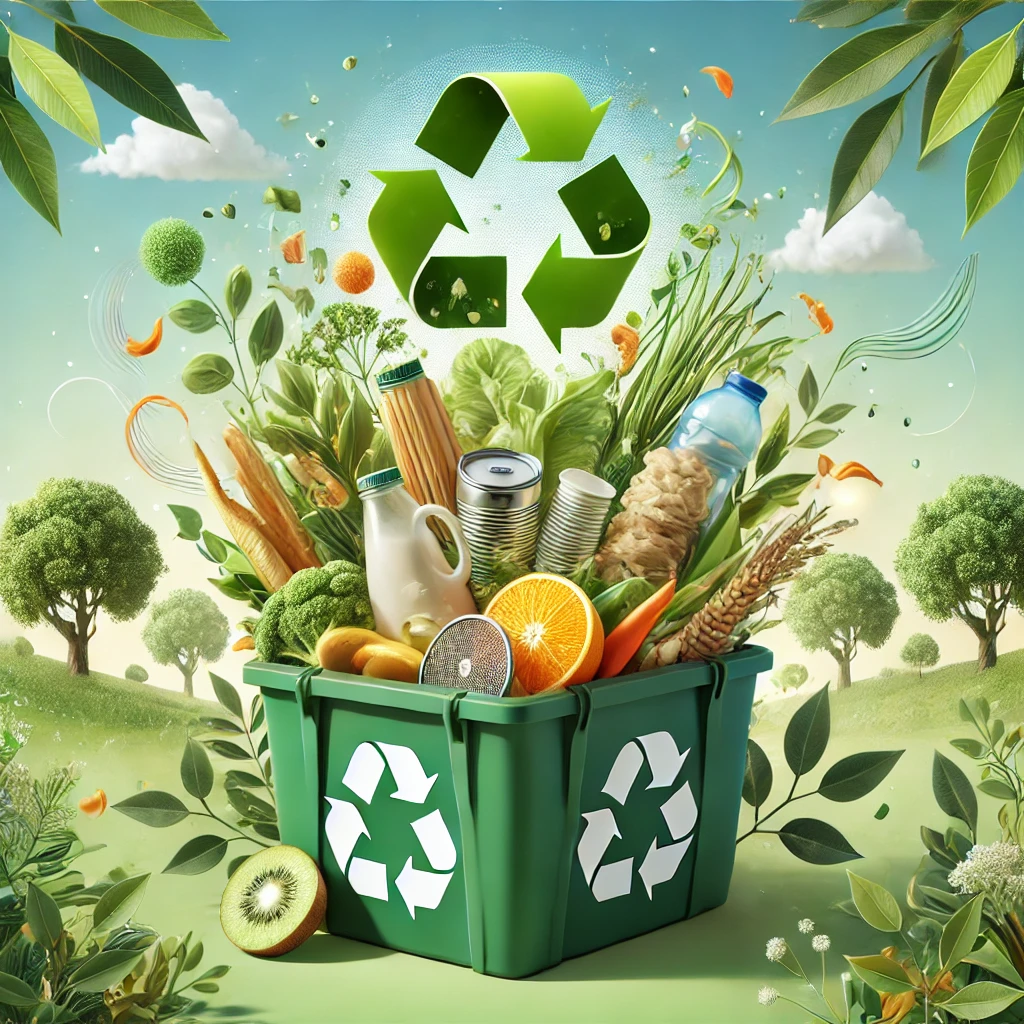Under the Waste Framework Directive (WFD), the collection of biowaste will be mandatory in EU Member States from 1 January 2024 onwards. However, current biowaste collection in the EU-27 (plus Norway and the UK) is only 5,112,788 metric tonnes per year, which is 26% below the theoretical potential.
The vast majority of biowaste (garden and food waste) could be a valuable feedstock for bio-based industries and biomanufacturing, but is currently unutilised, which represents a missed opportunity. A focus on biowaste could alleviate Europe’s food waste problem and stimulate sustainable growth. This is particularly important as the EU prioritises strategic autonomy, competitiveness, circularity and green transition.
The Bio-based Industry Coalition (BIC) is Europe’s leading industry association, placing circularity, innovation and sustainability at the centre of Europe’s bioeconomy. Together with Zero Waste Europe (ZWE), the BIC has produced the second edition of a report identifying the untapped potential for valorisation of biowaste in Europe. Bio-waste Generation in the EU: Current Capture Levels and Future Potential is available today on the BIC website. The first edition of the report, four years ago, showed capture rates at 16 per cent of theoretical potential, while current data shows an improvement of less than 10 per cent.
The report includes country factsheets, provides examples of how the biobased industry is contributing to meeting this waste challenge, and cites best practices in waste management at the municipal level.
